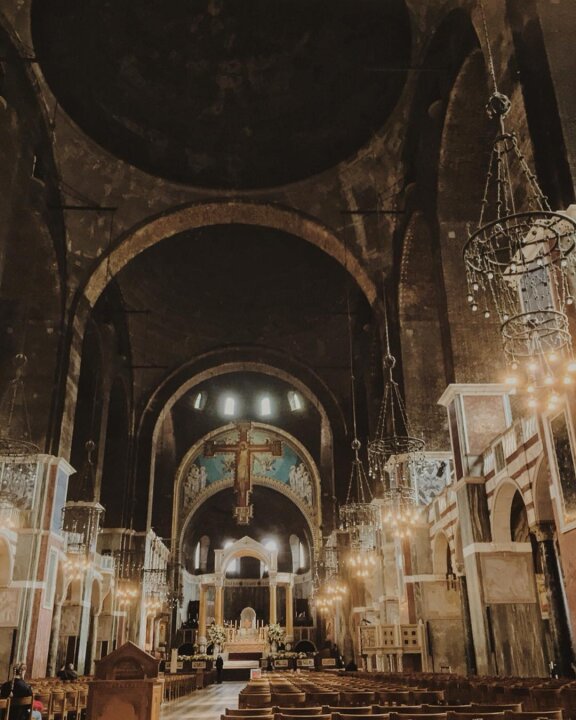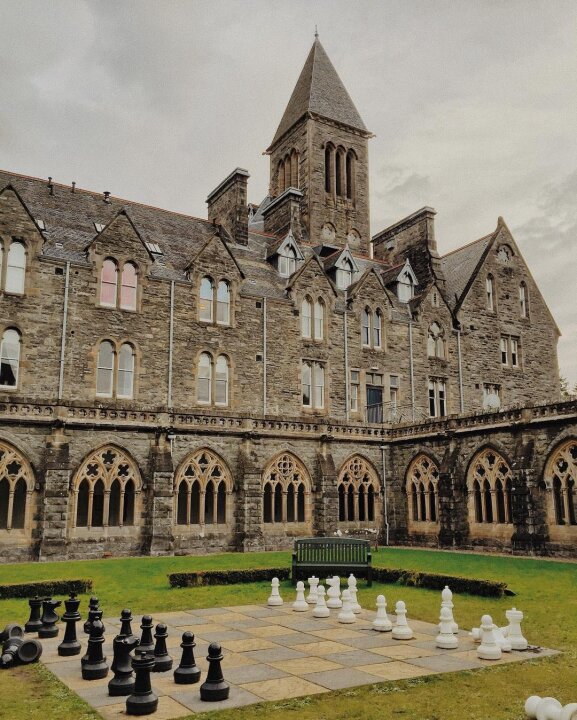Extra ecclesiam nulla salus [I Am Roman Catholic]
To be deep in history is to cease to be Protestant.
noted St. John Henry Newman once upon a time - himself brought up as an Anglican before 'crossing the Tiber' to Rome.
He didn't mean that all Protestants aware of history must by some rule become Catholic, but more an observation that the Church is intimately bound up in historical reality (and, from the point of view of conversions, that Christian history fundamentally argues against protestantism, and many protestants who study history, including himself, may in time come to realise that the Catholic Church is the 'true' Church - the Church which Christ himself founded and entrusted to St. Peter.
Thou art Peter; and upon this rock I will build my church, and the gates of hell shall not prevail against it. Matt. 16:18
One of Jesus's under-appreciated aspects, incidentally, is his fondness for puns and sarcastic jokes: both Πέτρος in Greek, or כֵּיפָא [Kepha{s}] in Aramaic, means ‘rock’: St. Peter’s original name was Simon. (Witness also the Lord's famous comment about rich men and eyes of needles).
Anyway - extra Ecclesiam nulla salus - outside the Church there is no salvation. This is because in a very real sense, the Church IS salvation.
As Catholics, we are, in the words of St John Paul II, "part of a building, that has the Apostles and Prophets for its foundations, and Christ Jesus himself for its cornerstone."

I am with you always, even unto the end of the world. Matt. 28:20
The Church is, according to the providential plan of God. Centuries and millennia have passed, but Holy Church continues to be the Church of the risen Christ.
As Catholics some of us might disagree from time to time, from huge matters (the implications of the Second Vatican Council), to small ones (is the wine cruet of the right size?), but there is an essential and fundamental unity in Catholicism alone, a unity in Christ, in the men and their successors he himself chose to feed his sheep, until he comes again.






